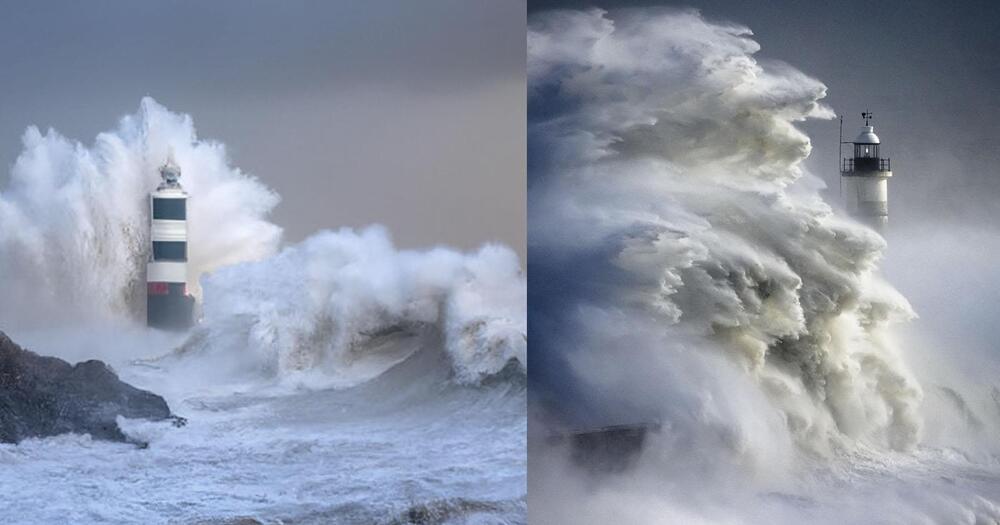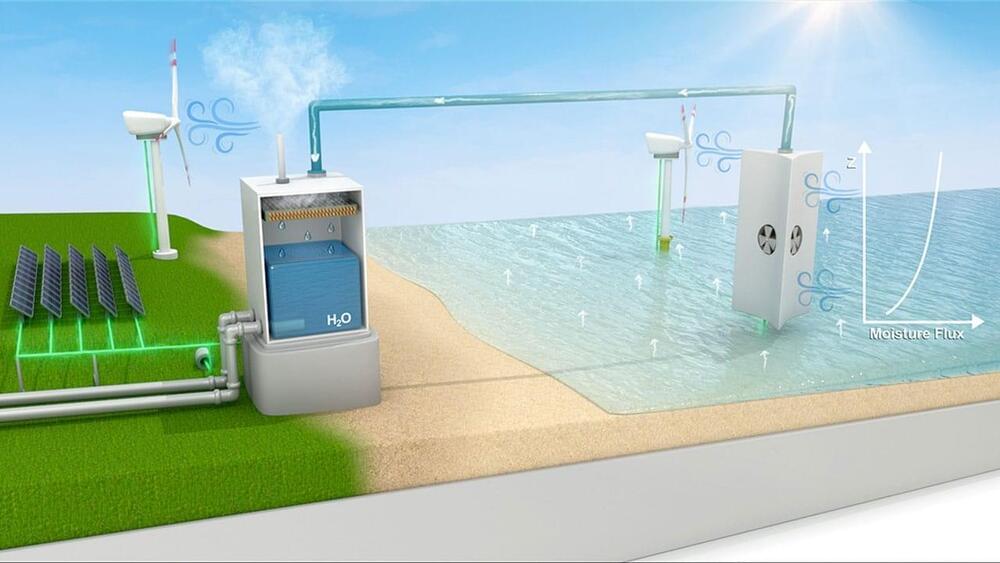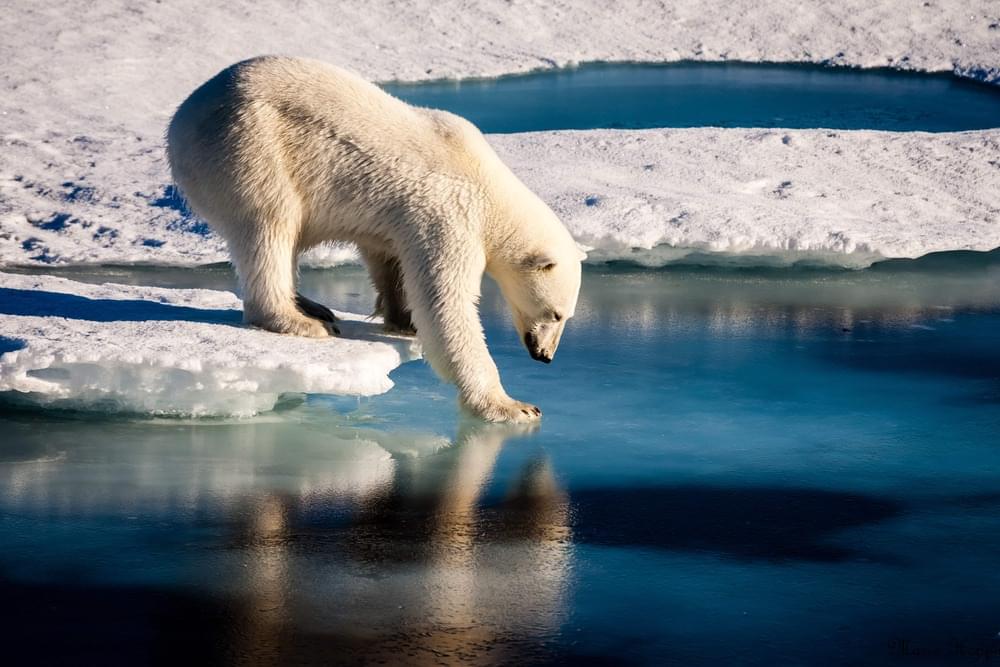A widely believed theory about the origins of Native Americans has been dealt a huge blow by a new genetic analysis of ancient teeth, implying the ancient inhabitants of what is now America were not who we thought they were.
The theory, largely based on archaeological evidence found at Native American sites, claims that the First Peoples came to the continent from Japan around 15,000 years ago. Stone tools and other stone artifacts used by Native Americans show similarities to those of the Jōmon people, a diverse hunter-gatherer people who lived in ancient Japan from around 14,000–300 BCE.
Based on this and analysis of their migration across the continent, it’s been suggested that Native Americans made their way across the northern rim of the Pacific Ocean, across the Bering Land Bridge – dry land that connected Siberia and Alaska during the last ice age – until they reached the northwest coast of North America.







